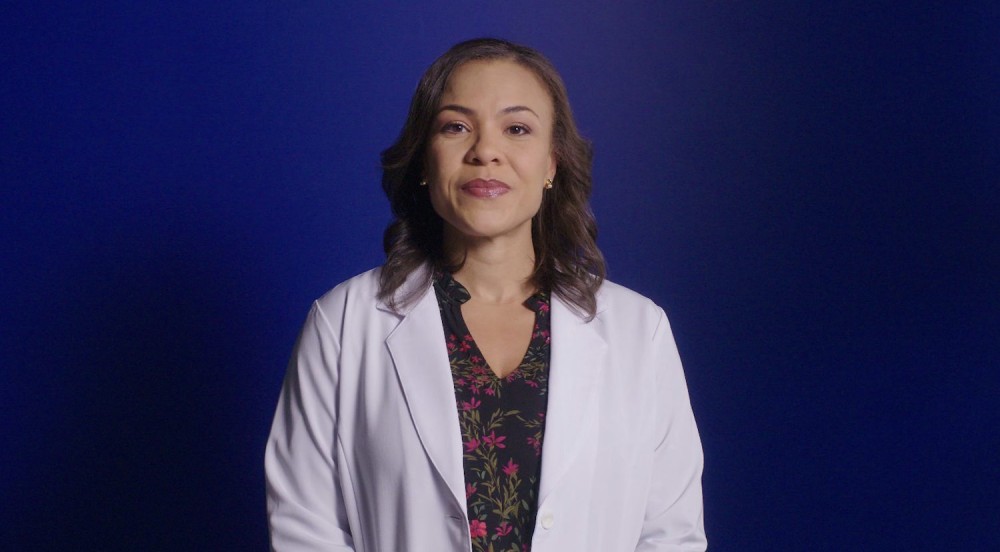The cardiologist is the face of a new initiative encouraging Black women to demand more from their care providers.
Heart failure, the number one cause of death in the U.S., affects more than six million Americans and accounts for more than one million hospitalizations annually. Hear Your Heart is a new campaign that addresses the health disparities for Black and Latina women with heart failure. The initiative addresses an important truth: Black women with heart failure have a greater chance of dying compared to white women.
Heart failure is a chronic, debilitating condition that occurs when the heart is not pumping enough blood for the body’s needs. Healthcare providers are less likely to adhere to guidelines in the diagnosis of heart failure in women, leading to potential under treatment. Specifically, Black and Latina female patients are even less likely to be admitted to specialized cardiology units. As a result mortality rates are higher for Black women despite equal prevalence.
The primary mission of the campaign is to provide tailored solutions and actionable next steps from experts like cardiologist Dr. Alanna A. Morris, who has made it her mission to provide optimal care and education for women navigating the complexities of their heart failure journey. “Better care starts with a better understanding,” and its crucial to become an engaged patient by “journaling your symptoms every day and noting any personal health history including high blood pressure, diabetes, obesity, or kidney disease.” She also advises to learn if you are at risk through family research. If a few of your relatives have suffered from heart disease “that increases the risk that you too may have it too.” If you receive a diagnosis, “know what prescriptions your doctor is giving you and learn exactly why they are being prescribed.”
Dr. Morris also offers advice for women looking to take a more active role with their treatment with some lifestyle modifications that can be helpful in treating coronary health. “Reduce the amount of salt in your diet, it can make symptoms like shortness of breath and swelling a lot worse.” Exercise is also a crucial part of the treatment plan. “We want people to be active, walk exercise and use your heart daily because it is a muscle.” For support in making these changes, request help from your community, beyond your doctor, without feeling like a burden. “Reach out to friends and loved ones loved ones to help you manage your condition.”
When it comes to overcoming medical mistrust, finding a doctor that you are comfortable with can make a world of a difference. “If you’re seeing a doctor who you feel like is not listening or engaging in the process of care with you, leave that doctor and find another one.”
For more resources from the campaign, including treatment options, click here.













